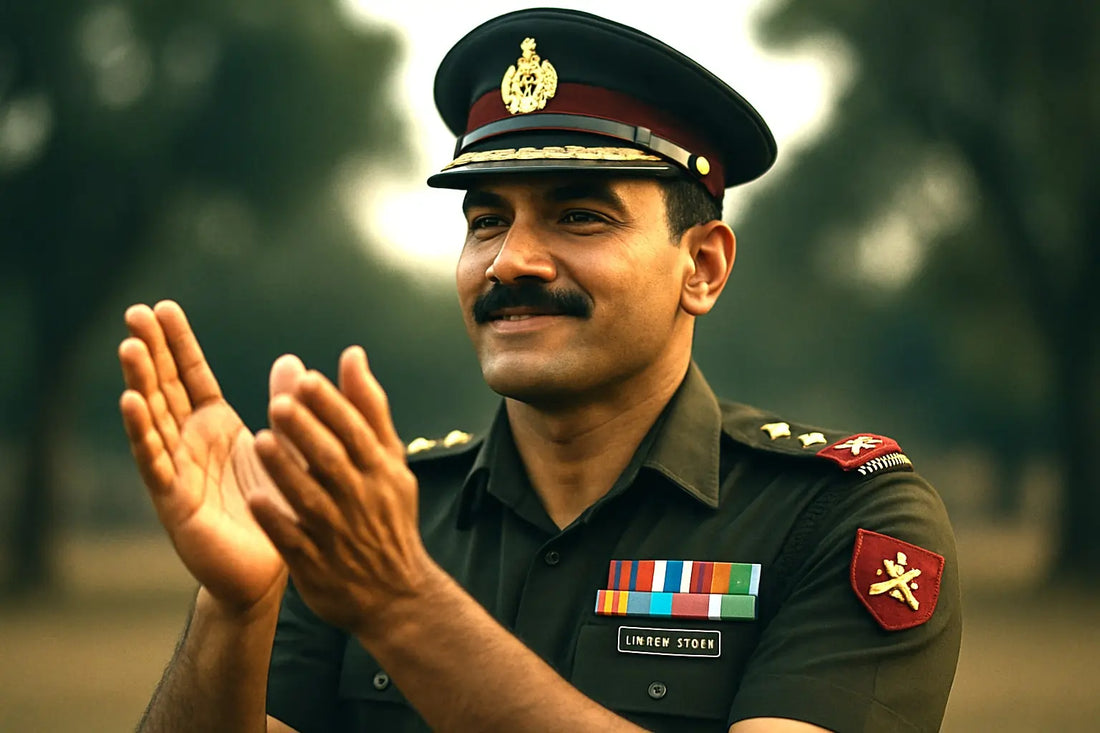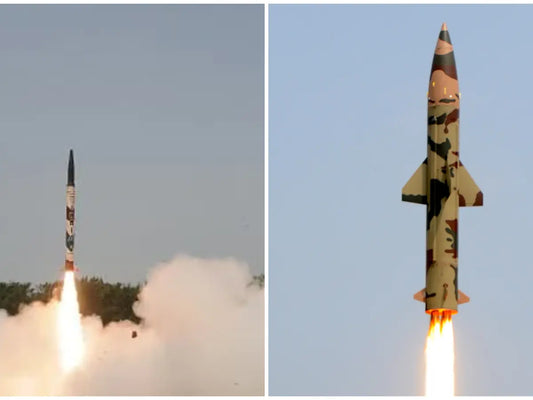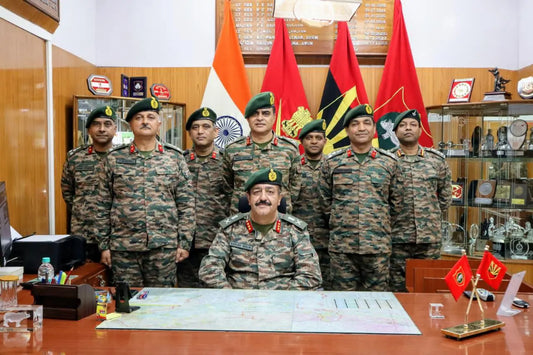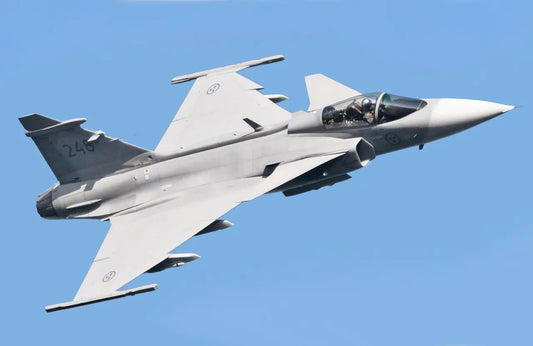Why Soldiers Never Clap in Uniform: The Discipline Behind the Silence

In the rigidly structured world of the military, every gesture, salute, and even moment of silence carries profound significance. One such unspoken rule that often puzzles civilians is the apparent prohibition against soldiers clapping while in uniform. This practice, rooted in centuries-old traditions of discipline and decorum, symbolizes the military's commitment to stoicism, neutrality, and unwavering focus on duty. But is it truly a universal ban, or a nuanced custom shaped by context? Through an exploration of historical precedents, cultural norms, and modern examples from armies around the world, this article delves into the reasons behind this silence, revealing how it upholds the very essence of military life.
The Origins of Military Decorum: A Historical Perspective
Military customs and courtesies have evolved over time to foster discipline, respect, and unity among troops. The act of clapping typically a spontaneous expression of approval or appreciation is seen in many cultures as informal and potentially disruptive in hierarchical environments like the armed forces. Historical records trace this restraint back to ancient armies, where noise discipline was crucial on battlefields to avoid alerting enemies. In modern times, this has morphed into a broader etiquette that prioritizes formal acknowledgments over casual ones.
In the U.S. military, for instance, the tradition of not applauding in uniform during formal speeches stems from the need to maintain political neutrality. As outlined in military regulations, service members are trained to avoid actions that could be interpreted as endorsing partisan views, especially in political settings. This is evident during events like the State of the Union address, where high-ranking officers, including the Joint Chiefs of Staff, remain stoic and refrain from clapping, even when civilians around them do so enthusiastically. The rationale is clear: applause could signal alignment with a speaker's political agenda, eroding the military's apolitical stance, which is vital for public trust and constitutional fidelity.
Similarly, in the Indian Army, clapping is discouraged as it contradicts the ethos of humility and selflessness. Soldiers are taught that their service is not for personal acclaim but for the nation's defense. A notable incident in 2015 highlighted this when Army Chief General Dalbir Singh Suhag explicitly instructed officers not to clap after his speech, stating it violated army decorum. This directive was inspired by Defense Minister Manohar Parrikar's surprise at applause during a commanders' conference, prompting General Dalbir Singh Suhag to reinforce the tradition. Indian military manuals on customs do not explicitly forbid clapping, but the practice is avoided to prevent any semblance of seeking or offering gratuitous praise, which could undermine team spirit.
These origins reflect a broader military philosophy: silence in uniform is not mere restraint but a deliberate act of discipline. As one veteran explained, "We are not doing what we do for earning kudos of our countrymen. Clapping is gratuitous adulation." This mindset ensures that soldiers remain focused on mission objectives rather than individual recognition.
The Core Reasons: Discipline, Neutrality, and Protocol
At the heart of this custom lies a triad of principles: discipline, political neutrality, and adherence to protocol. Discipline is the bedrock of military effectiveness, and clapping can be viewed as a lapse in composure. In noisy or high-stakes environments, unnecessary sounds could historically compromise operations, a lesson carried into peacetime etiquette. Today, it prevents distractions during briefings or ceremonies, where attention must remain undivided.
Political neutrality is particularly emphasized in democratic militaries like those of the U.S. and India. Uniformed personnel swear oaths to constitutions, not leaders or parties. Applauding a speech with partisan undertones could imply endorsement, violating directives against political involvement. For example, during Pete Hegseth's nomination hearing for Secretary of Defense in 2025, the audience of military leaders remained silent, adhering to this norm despite the speaker's encouragement to clap or laugh. Social media discussions reinforced that this silence was customary, not a rebuke, with users noting, "Officer decorum expressly requires the military not applaud especially in political context."
Protocol also dictates alternatives to clapping. Salutes, standing at attention, or verbal affirmations like "Hooah!" in the U.S. Army serve as respectful responses. In the Indian context, raising a sword arm or other formal gestures might be preferred, as suggested in discussions following General Dalbir Singh Suhag's directive. These alternatives maintain hierarchy and respect without the informality of applause.
Variations exist across branches and nations. Air Force personnel might clap in less formal settings, while ground troops adhere more strictly. In the U.K., similar restraint is observed during royal or parliamentary events, emphasizing decorum over expression.
Modern Examples and Exceptions: When Silence Breaks
While the custom is widespread, it is not absolute. Exceptions occur in non-political or celebratory contexts. During President George W. Bush's 2003 "Mission Accomplished" speech aboard the USS Abraham Lincoln, sailors cheered the end of their deployment, a tolerated deviation for morale. However, officers maintained restraint, highlighting the rank-based nuance.

In contrast, strict adherence was evident in the 2016 State of the Union, where military leaders sat impassively. Recent online forums, like Reddit's r/Military, discuss how generals rarely clap compared to civilians, with exceptions for apolitical honors like recognizing Gold Star families.

In India, post-2015, the clapping ban has been debated, with some arguing it's an overreach by a "stickler for discipline" like General Dalbir Singh Suhag, who also discouraged flower gifting. Yet, it underscores the military's aversion to anything that might foster individualism over collective duty.
Social media amplifies these discussions. X (formerly Twitter) users echoed that military applause violates uniform codes in political statements, with one post stating, "It is against military uniform code to applaud any political statements." Another clarified, "Military personnel in uniform typically don't clap after speeches in formal settings due to discipline and respect for protocol."

The Broader Implications: Upholding Military Ethos
This custom of silence is more than etiquette—it's a safeguard for the military's integrity. By avoiding applause, soldiers reinforce their role as impartial guardians of the state, free from the sway of rhetoric or popularity. It fosters a culture where actions speak louder than claps, emphasizing sacrifice over spectacle.
In an era of polarized politics, this discipline is increasingly vital. As one analyst noted, "The U.S. military has a strong institutional tradition of being apolitical." Breaches could erode trust, as seen in debates over saluting protocols or uniform codes.
Ultimately, the silence behind the uniform is a testament to the profound discipline that defines soldiers. It's not about suppression but about channeling energy into duty, ensuring that when applause is due, it's earned through valor, not volume. In a world full of noise, this quiet resolve stands as a powerful symbol of unwavering commitment.




















18 comments
The observations regarding restricted clapping are concise and reflect the realities embedded in military doctrine, tradition, and ethos. In military culture, clapping is generally considered a civilian gesture—subjective, populist, and susceptible to misuse. It can distort the rationale behind recognition and reward, fostering division, favoritism, indiscipline, and unhealthy loyalty dynamics within the ranks.
Unregulated applause may be weaponized to embarrass or isolate strict commanders whose adherence to rules and regulations makes them unpopular. Such gestures undermine the principle that soldiers are not entitled to evaluate or publicly endorse a superior’s emotional intelligence, speech, or conduct.
Applause, when unchecked, can erode the foundational pillars of command and control—core to military discipline.
Moreover, it risks encouraging dishonesty, propaganda, and unrealistic promises aimed at eliciting cheers rather than upholding leadership integrity. Officers may become more focused on crowd approval than on fulfilling their duties, compromising the essence of military leadership.
The military has its own structured protocols for ceremonial acknowledgments, distinct from civilian practices. In specific contexts—such as training courses or exercises—the Master of Ceremony may initiate applause uniformly for all speakers, ensuring neutrality.
Ultimately, clapping is more aligned with civilian, militia, or political environments than with professional military conduct.
That said, I acknowledge and respect the customs of other military institutions that may embrace this practice.
Comments presented on ‘restricted clapping’ are succinct and a reality in Military doctrines, traditions and ethos.
Clapping is for Civilians only and is a subjective and populist action prone to misuse, manipulations and deliberately skewing reward rationality. It breeds hatred, disunity, indiscipline, loyalty and discrimination among the military rank and file.
It can be used as a tool to molest, embarass or alienation of strict commanders – due to uncompromising stance on unit rules and regulations and as such disliked or abhorred by majority.
It’s not a soldier’s prerogative to judge, rate or recommend a superior commanders emotional Intelligence, speech or actions. Unregulated practice of clapping can compromise command and control, the basic tenets upon which discipline is anchored.
The practice can ultimately generate lies, propaganda, dishonesty and unattainable promises to earn loudest cheers. It can also compromise principles of leadership transforming Officers into trappings of ullulations, and hollow cheers from crowds rather than focus on core duties and functions.
Military has own special ways to take care of the ordinary clippings for all military ceremonial functions.
However, some situations especially during courses, exercises- the Master of Ceremony can lead an ‘applaud session’ for each speaker indiscriminately.
The practice is exclusively for civilians, militia, politicians and not majorly in the military.
In conclusion, if there are militaries that practice of clapping, I respect their practices.
Comments presented on ‘restricted clapping’ are succinct and a reality in Military doctrines, traditions and ethos.
Clapping is for Civilians only and is a subjective and populist action prone to misuse, manipulations and deliberately skewing reward rationality. It breeds hatred, disunity, indiscipline, loyalty and discrimination among the military rank and file.
It can be used as a tool to molest, embarass or alienation of strict commanders – due to uncompromising stance on unit rules and regulations and as such disliked or abhorred by majority.
It’s not a soldier’s prerogative to judge, rate or recommend a superior commanders emotional Intelligence, speech or actions. Unregulated practice of clapping can compromise command and control, the basic tenets upon which discipline is anchored.
The practice can ultimately generate lies, propaganda, dishonesty and unattainable promises to earn loudest cheers. It can also compromise principles of leadership transforming Officers into trappings of ullulations, and hollow cheers from crowds rather than focus on core duties and functions.
Military has own special ways to take care of the ordinary clippings for all military ceremonial functions.
However, some situations especially during courses, exercises- the Master of Ceremony can lead an ‘applaud session’ for each speaker indiscriminately.
The practice is exclusively for civilians, militia, politicians and not majorly in the military.
In conclusion, if there are militaries that practice of clapping, I respect their practices.
Personally I think this is “Much ado about nothing”! While there is no denying that the origin and the subsequent development of the practice are very interesting but impassioned consensus to this, trying to justify it as an established norm seems to be an over hyped response! In any case over the years since Independence this has lost much of its relevance. It all depends on the situation and circumstances under which the ocassion arises. Irrespective of whether the defence personnel are in uniform or otherwise. Soldiers are concious enough not to show any obtrusive expressions of joy, appreciation or sorrow. There’s no requirement of laying down any “do’s and don’ts” for this. In exceptional ocassion the expression of cheering, clapping etc comes so spontaneously and with such intense emotional response that nothing can ever stop it. So even the Commander addressing them joins clapping his hands along them. Well, there’s nothing wrong in this, and it’s definitely not violative of any service ethos!
Personally I think this is “Much ado about nothing”! While there is no denying that the origin and the subsequent development of the practice are very interesting but impassioned consensus to this, trying to justify it as an established norm seems to be an over hyped response! In any case over the years since Independence this has lost much of its relevance. It all depends on the situation and circumstances under which the ocassion arises. Irrespective of whether the defence personnel are in uniform or otherwise. Soldiers are concious enough not to show any obtrusive expressions of joy, appreciation or sorrow. There’s no requirement of laying down any “do’s and don’ts” for this. In exceptional ocassion the expression of cheering, clapping etc comes so spontaneously and with such intense emotional response that nothing can ever stop it. So even the Commander addressing them joins clapping his hands along them. Well, there’s nothing wrong in this, and it’s definitely not violative of any service ethos!